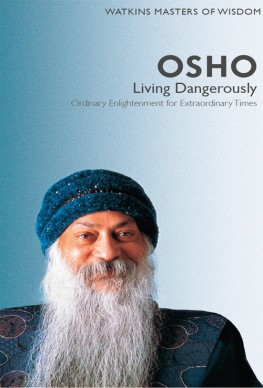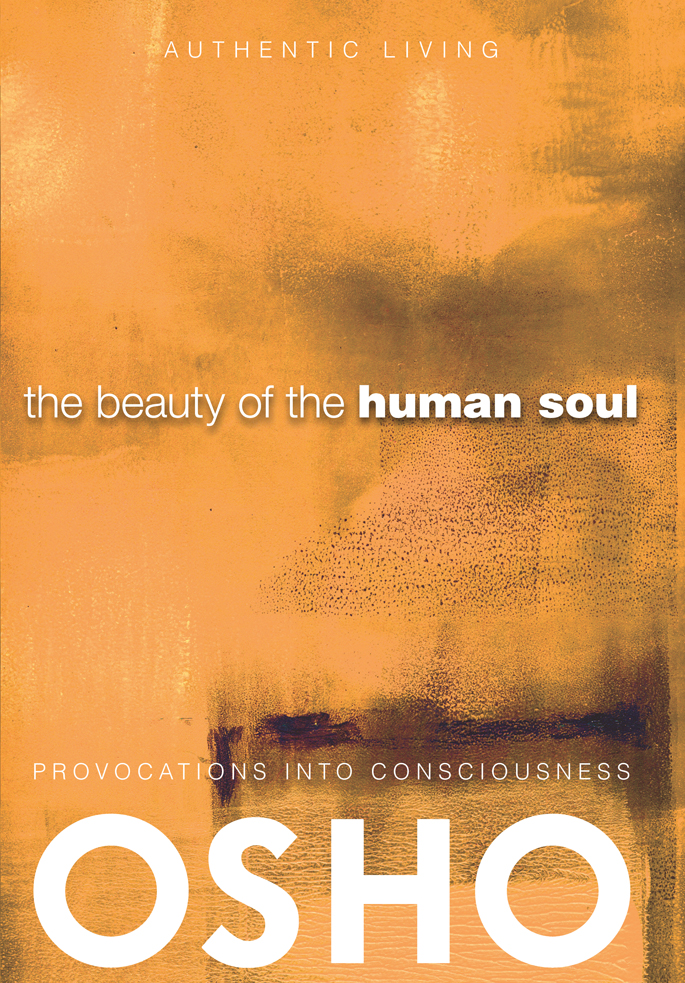The Beauty of the Human Soul

ISBN: 978-0-88050-196-5
Copyright 1985, 2016 OSHOInternational Foundation
www.osho.com/copyrights
Images OSHO InternationalFoundation
All rights reserved. No partof this book may be reproduced or transmitted in any form or by any means,electronic or mechanical, including photocopying, recording, or by anyinformation storage and retrieval system, without prior written permission fromthe publisher.
This book is a selection of talks (Chapters 11-14, 16, 17, 20, 23, 26, 29) from an original series previously published as From Personality to Individuality . All of Oshos talks have been published in full as books, and are also available as original audio recordings. Audio recordings and the complete text archive can be found via the online OSHO Library at www.osho.com/library
OSHO is a registered trademark of OSHO International Foundation
www.osho.com/trademarks
OSHO MEDIA INTERNATIONAL
is an imprint of
OSHO INTERNATIONAL
New York Zurich Mumbai
www.osho.com/oshointernational
Library of CongressCatalog-In-Publication Data is available
Print edition: ISBN 978-0-918963-13-0
eBook edition: ISBN 978-0-88050-196-5
About the Authentic Living Series
The Authentic Living Series is a collection of books based onOshos responses to questions from his international audience at meditationevents.
About this process of asking questions, Osho says:
How do you ask a question which can be meaningful not simplyintellectually but existentially? Not just for verbal knowledge, but forauthentic living? There are a few things which have to be remembered:
Whatever you ask, never ask a ready-made question, never ask astereotyped question. Ask something that is immediately concerned with you,something that is meaningful to you, that carries some transforming message foryou. Ask that question upon which your life depends.
Dont ask bookish questions, dont ask borrowed questions. Anddont carry any question over from the past because that will be your memory,not you. If you ask a borrowed question, you can never come to an authenticanswer. Even if an answer is given, it will not be caught by you and you willnot be caught by it. A borrowed question is meaningless. Ask something that youwant to ask. When I say you, I mean the you that you are this very moment,that is here and now, that is immediate. When you ask something that isimmediate, that is here and now, it becomes existential. It is not concernedwith memory but with your being.
Dont ask anything that once answered will not change you in anyway. For example, someone can ask whether there is a God: Does God exist? Asksuch a question only if the answer will change you so that if there isa God then you will be one type of person, and if there is no God you will be adifferent person. But if it will not cause any change in you to know whetherGod is or is not, then the question is meaningless. It is justcuriosity, not inquiry.
So remember, ask whatever you are really concerned about. Onlythen will the answer be meaningful for you.
Preface
When you are true and authentic, living your life on your own, inyour own light, with no blueprints given by others to you by the parents, bythe priests, by the politicians When you are moving every day into the unknownwith no idea of what is going to happen, with great creativity, sensitivity,awareness, but with no fixed ideology; when you are exploring newer pastures,new peaks of being, then certainly you are no longer a part of the crowd.
The crowd hates individuals for the simple reason that they areso different. It hates them because they are rebels. It hates them because theycannot be enslaved easily; in fact, it is impossible to enslave them. It hatesthem for their intelligence, it hates them for their joy, it hates them fortheir creativity. It wants to destroy them.
Thats why people are afraid of life: life has many dangers. Thepath of life is full of hazards. One never knows what is going to happen thenext moment; everything is possible. You cannot live with expectations becauselife has no obligation to fulfill your desires. You can live with an openheart, but you cannot live with expectations. The more expectations you have,the more frustrated you will be.
You can go astray. In death, nobody can go astray; in life youcan go astray. In life you can commit errors, mistakes. In fact, if you reallywant to live you will have to commit many errors and many mistakes. Remember,never be afraid of committing errors and mistakes; otherwise you will beparalyzed because of the fear. Go on committing mistakes and errors. Rememberonly one thing: dont commit the same mistake again. Once is enough. Invent newmistakes, discover new errors. Dont go on falling in the same ditch, find newditches. By committing mistakes, by going astray, you grow. Thats the only wayto grow.
Life is dangerous; death is very cozy, very comfortable. Lyingdown in your grave, what danger is there? There is no problem, no anxiety. Youcant go bankrupt, your wife cannot leave you, you cannot die anymore. You areso safe in death. Life is not safe, anything is possible. Life is full ofaccidents.
Osho
The Dhammapada: The Wayof the Buddha, Vol. 11
Chapter: 1
God: The Phantom Fuehrer
Osho,
Alan Watts once described the universe by saying, It is as if God is playing agame. If there is no God, who is playing and what is the game?
Alan Watts was a nice guy but the statement he made was stolenfrom Hindu mythology. Thats what he was doing his whole life, but in the Westit appeared as if he was giving original insights.
Basically he was trained as a Christian priest and, like everyChristian priest, acquired certain knowledge about all the religions so that hecould prove Christianity to be the best, the highest, the truest religion. ButAlan Watts, seeing the Hindu religion, could not say that the Christianreligion was the highest religion that had happened on earth. Thats why I sayhe was a nice guy He was an honest man.
He renounced his priesthood and remained almost a beggar hiswhole life. But he was tremendously impressed by Eastern religions emphatically with the Hindu idea of God playing a game. In Hinduism it iscalled leela. That is one of the contributions of Hinduism to worldthought. All other religions believe that God is creating the world; it is aserious affair. Only Hinduism makes it non-serious. Hinduism says it is just aplay, a game of hide-and-seek. It is God who is hiding, it is God who isseeking; it is God in men, it is God in women. To Hinduism, existence is madeof the stuff called God, and it is not a creation because creation hasimplications which Christianity, Judaism, and Mohammedanism are incapable ofanswering.
First: why in the first place should God create? What is hisneed? One creates something because of a certain need. You create a housebecause you need a shelter. You create because there is a certain desire to befulfilled. Is God full of desires? Then what is the difference between man andGod? Is God in need? If even God is in need then there is no possibility of astate where you will be free of need: need is going to follow you like ashadow wherever you go, and you can never be free from it. Unless you are freefrom need, desire, wanting, you are a slave, and you will remain a slave. A Godwho has a certain need to create is a slave.
The implications are very significant. Was it compulsory for himto create, or optional? If it was compulsory, then God is not all-powerful.Somebody above him orders him to create, and there is no option, he has to doit. Or if you say it was optional, then the question arises why he chose tocreate rather than not to create? There must be some reason for choosing to.

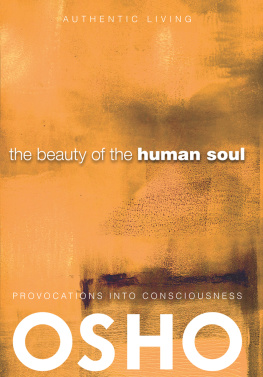
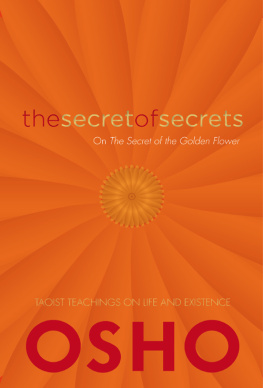
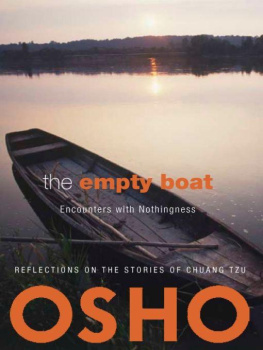
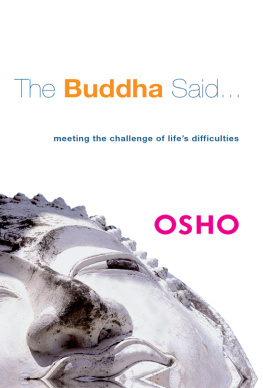
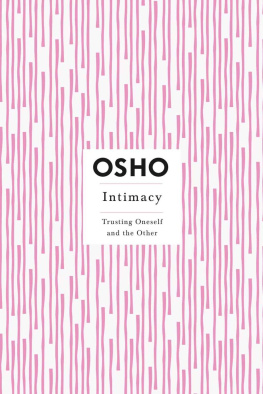
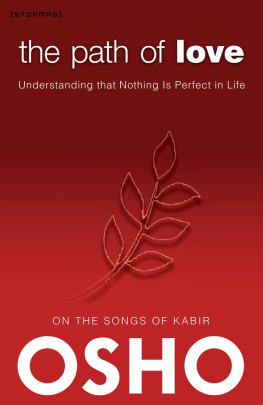
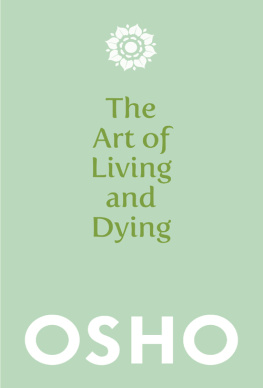

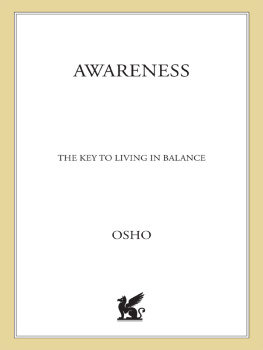
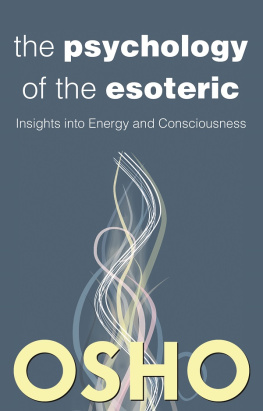
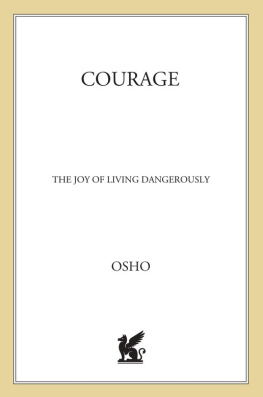
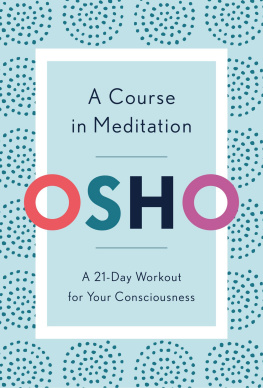
![Osho [Osho] - The Art of Dying](/uploads/posts/book/114253/thumbs/osho-osho-the-art-of-dying.jpg)
